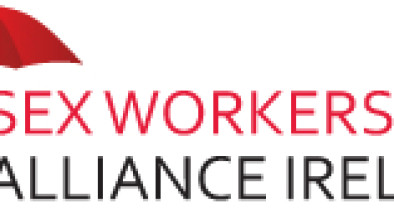Amnesty warns sex purchase ban could be putting sex workers at risk

Colm O'Gorman
Legislation banning the purchase of sex in Ireland could be putting sex workers at greater harm of human rights violations and abuses, Amnesty International has said.
The human rights organisation has published its submission to the Department of Justice’s ongoing review of Part 4 of the Criminal Law (Sexual Offences) Act 2017.
Amnesty has urged the review to assess how the law has impacted on the human rights of sex workers in Ireland, including those who are male or transgender, and the particular consequences for migrant sex workers.
Colm O’Gorman, executive director of Amnesty International Ireland, said: “A law aimed at protecting sex workers has to actually do that. While criminalising the purchase of sex may have intended to shift police focus away from sex workers themselves, the reality is that it can actually force them to take even more risks.
“A recent study which analysed two years before and after the law was introduced showed sex workers reporting 92 per cent more violent crime. Last year the Department of Justice in Northern Ireland confirmed its own similar law did not decrease demand but did increase stigma and abuse against sex workers.”
He added: “The review has to be broader than just looking at the sex purchase offence. The 2017 Act increased the penalty for ‘brothel-keeping’ instead of abolishing this offence, despite it having been used against sex workers simply working together for safety.
“This targeting has continued as predicted. And of course sex workers themselves need to have the opportunity to speak about their lived experiences of these laws and that be reflected in the outcomes.
“There is also a harmful conflation between consensual sex work, and trafficking and exploitation, which are offences under pre-existing laws. We continue to be concerned at the lack of trafficking convictions and other effective measures to tackle this horrific abuse. This review has to look at why this is, and if the 2017 Act is helping to prevent violence and exploitation.”







